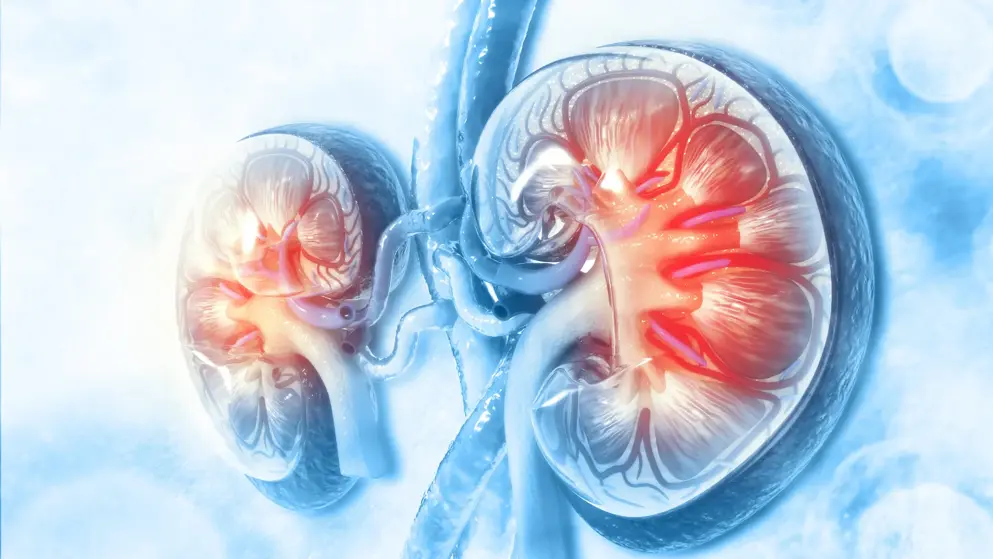New therapeutic targets in chronic kidney disease progression and renal fibrosis
New therapeutic targets in chronic kidney disease progression and renal fibrosis
Introduction: The current therapeutic armamentarium to prevent chronic kidney disease (CKD) progression is limited to the control of blood pressure and in diabetic patients, the strict control of glucose levels. Current research is primarily focused on the reduction of inflammation and fibrosis at different levels.
Areas covered: This article examines the latest progress in this field and places an emphasis on inflammation, oxidative stress, and fibrosis. New therapeutic targets are described and evidence from experimental and clinical studies is summarized. We performed a search in Medline for articles published over the last 10 years.
Expert opinion: The search for therapeutic targets of renal inflammation is hindered by an incomplete understanding of the pathophysiology. The determination of the specific inducers of inflammation in the kidney is an area of heightened potential. Prevention of the progression of renal fibrosis by blocking TGF-β signaling has been unsuccessful, but the investigation of signaling pathways involved in late stages of fibrosis progression could yield improved results. Preventive strategies such as the modification of microbiota-inducers of uremic toxins involved in CKD progression is a promising field because of the interaction between the gut microbiota and the renal system.
Read abstract on library site Access full article




